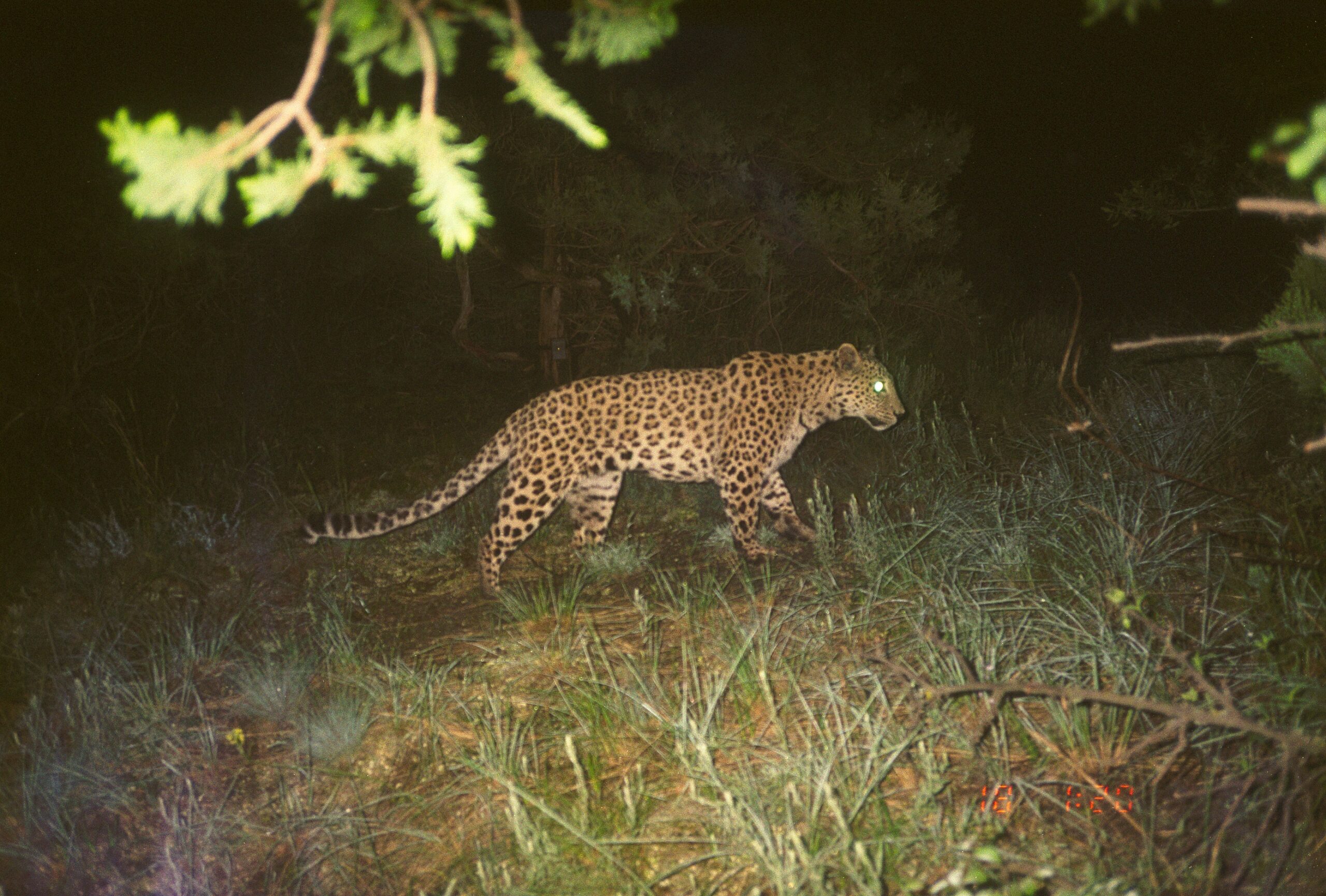The study area of this project is focused on the arid ecosystem in the extreme southeastern part of the country. Historically, bears in the eastern part of Georgia used migration routes from the Great Caucasus (Lagodekhi Reserve) to the Lori Plateau (Vashlovani National Park). The population in Vashlovani was estimated at approximately 10 individuals and since the region between Lori Plateau and the Great Caucasus has a strong human presence, the migration route might be extremely limited or even no longer functional. This suggestion needs to be investigated by means of radio-telemetry studies. This is important because if there is no genetic exchange between the arid ecosystem and the Great Caucasus range, then the population of the Lori Plateau must be considered as critically endangered, which requires special conservation measures.
Status
Individual bears will be identified by photo-trapping in the study area and their daily activity will be studied. The home ranges of the bears will be defined through intensive monitoring by radio-tracking method. GPS locations will be taken from any bear signs (footprints, scat, marks, dug-up ground, dens and the location of individual bears). All data will be analyzed in GIS. Home ranges will be identified as well as overlapping areas between individual territories. The photo trapping has been very successful and different bears and other animals were photographed. NACRES have data from 3,700 trap/days and captured 65 bear pictures. They also collected approximately 354 pictures of other species, such as: wolf, leopard, lynx, jungle cat, wild boar, porcupine, wild cat, hare, badger and even eagle. Lynx, jungle cat and porcupine photos were most interesting because they were first time spotted on the photo in Georgia. Also two bears were radio-collared. One was unfortunately poached and the second one was collard during the summer of 2008.
NACRES is continually monitoring bears and other carnivores in Georgia through their conservation programs.
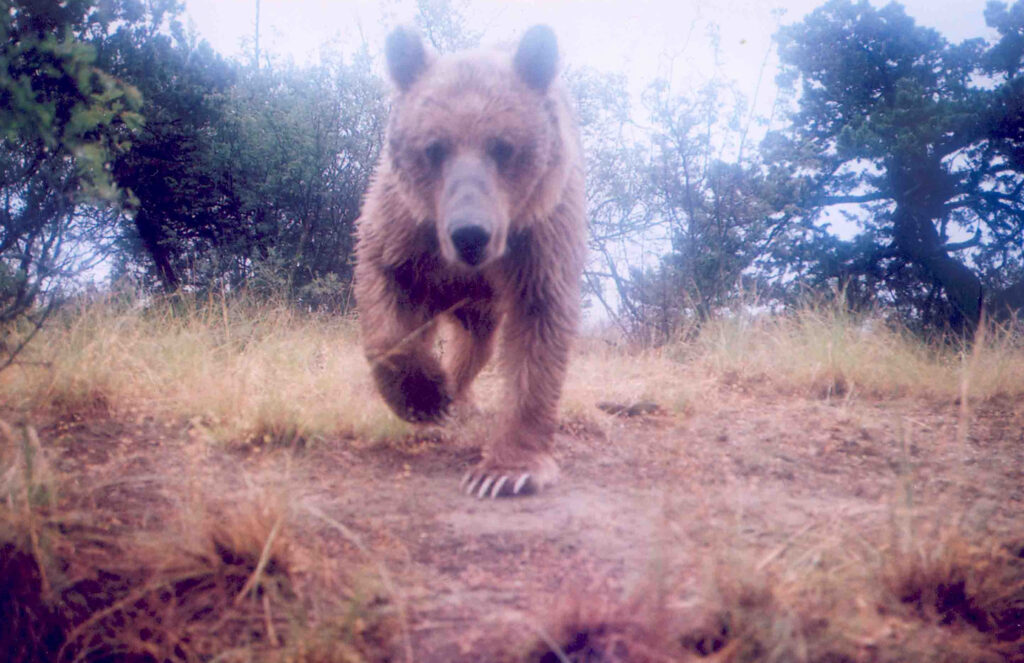
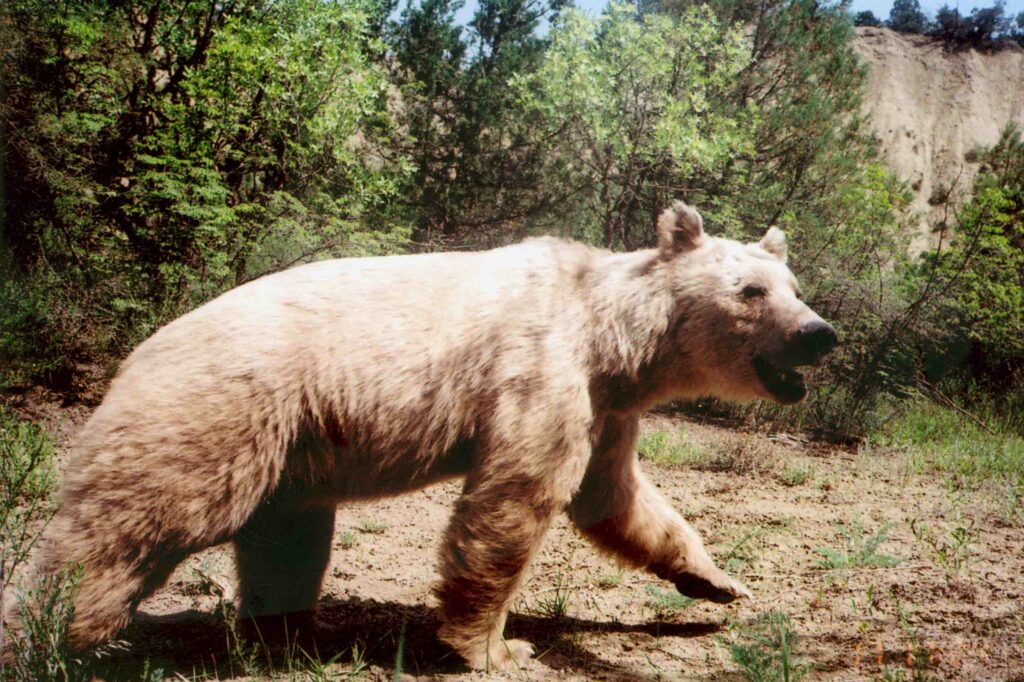
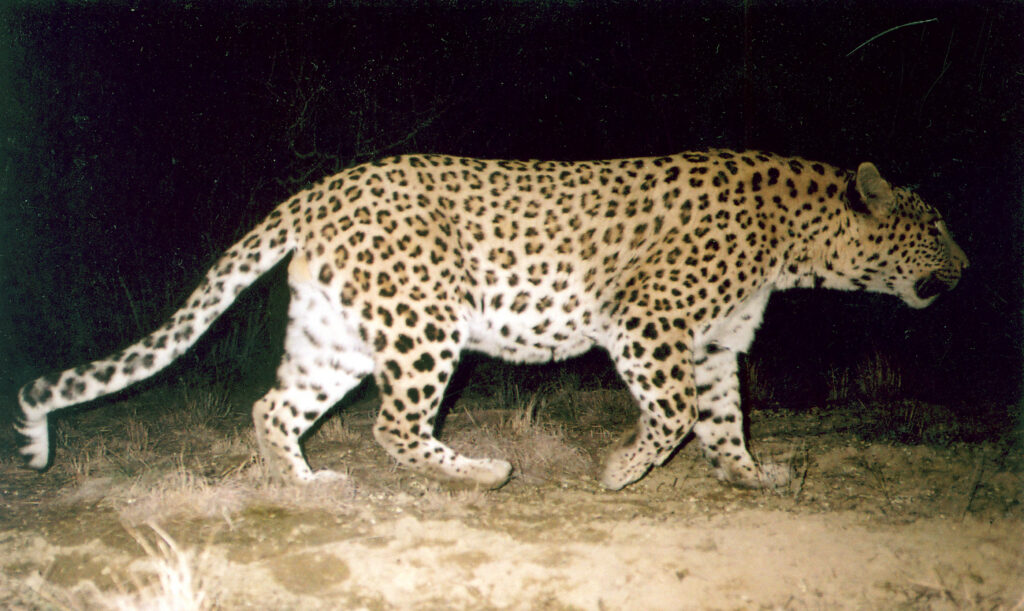
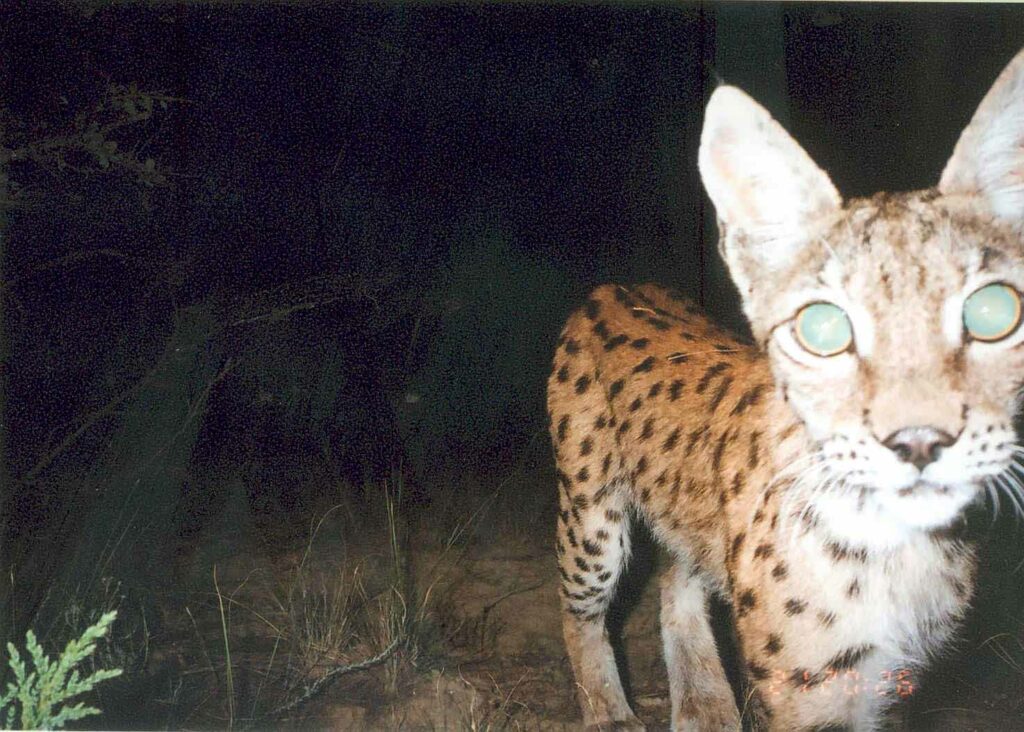
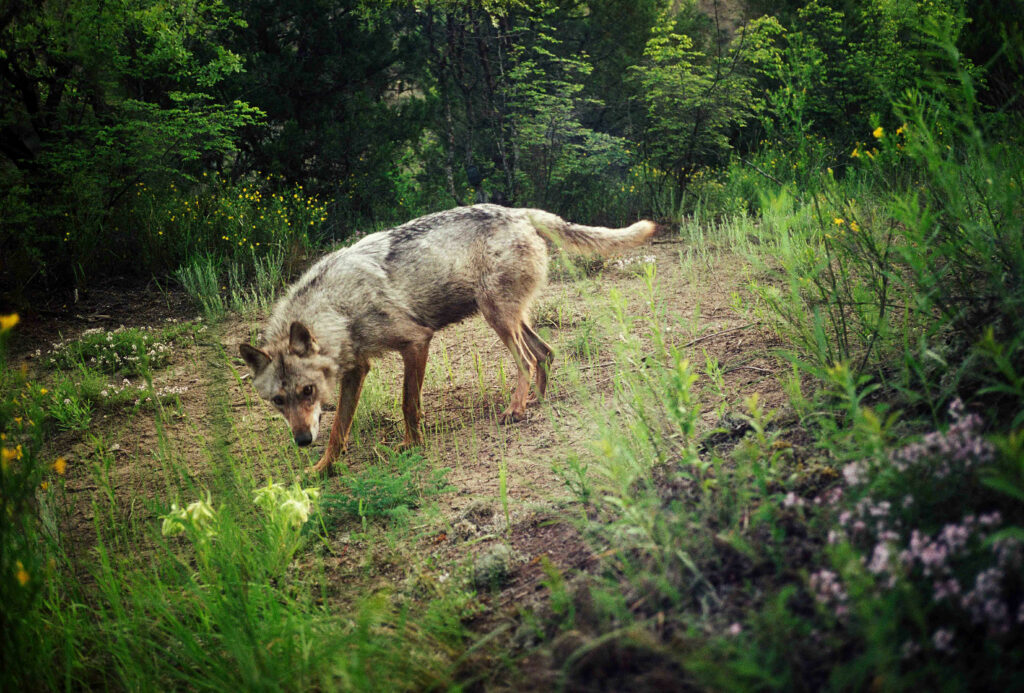
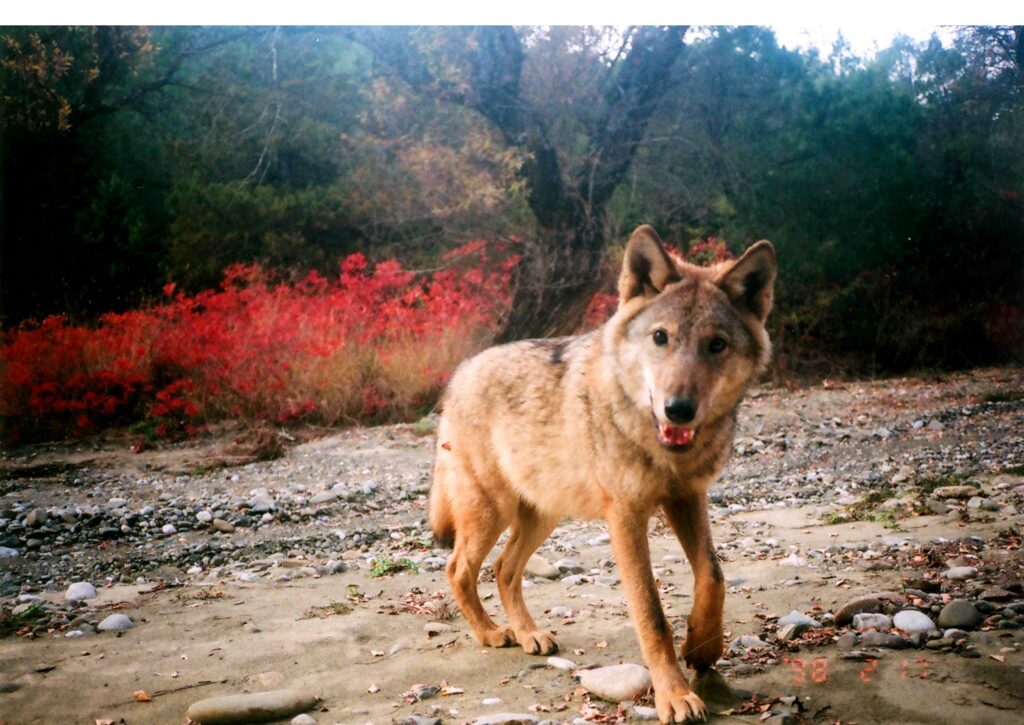
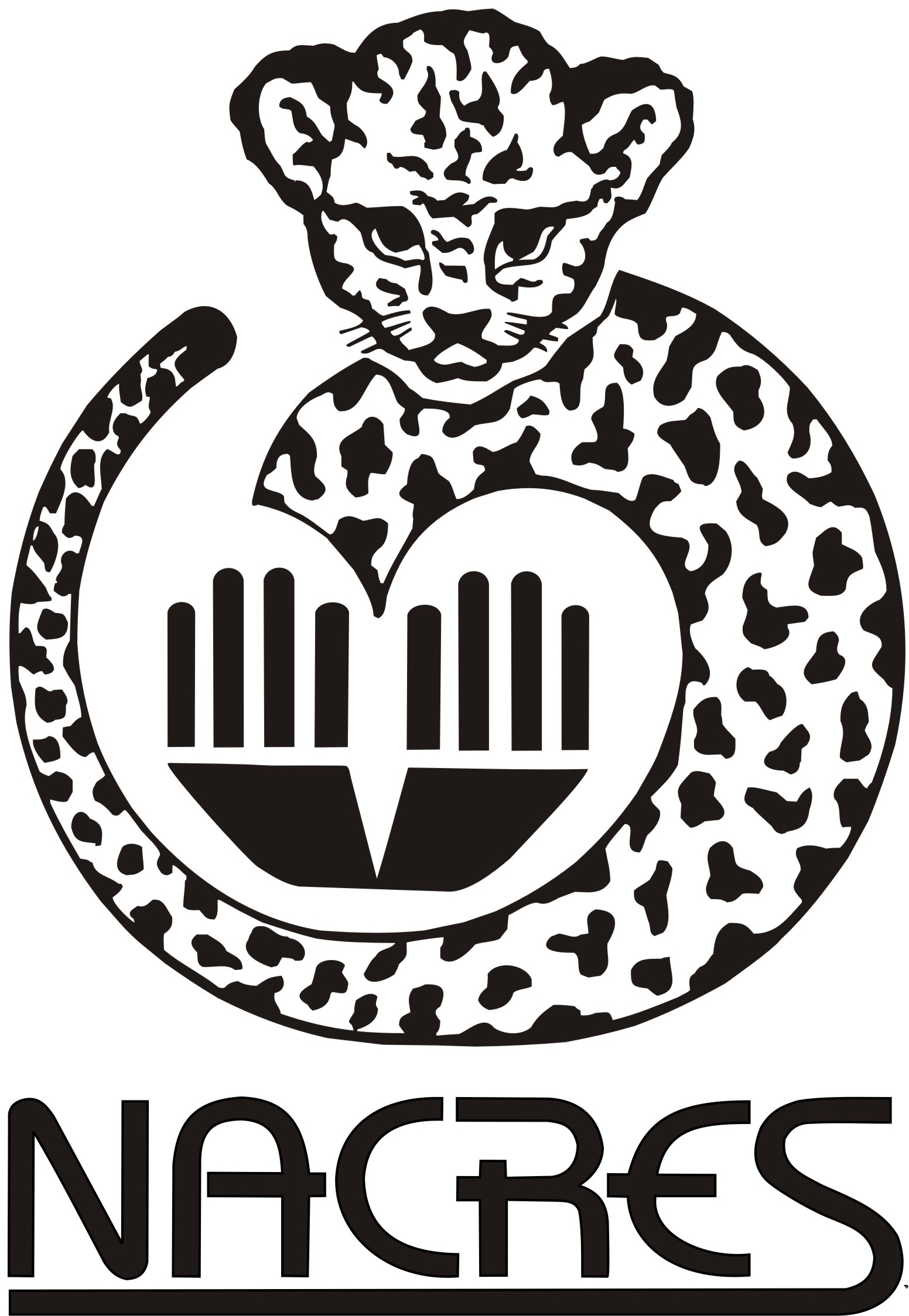
Partner:
NACRES


